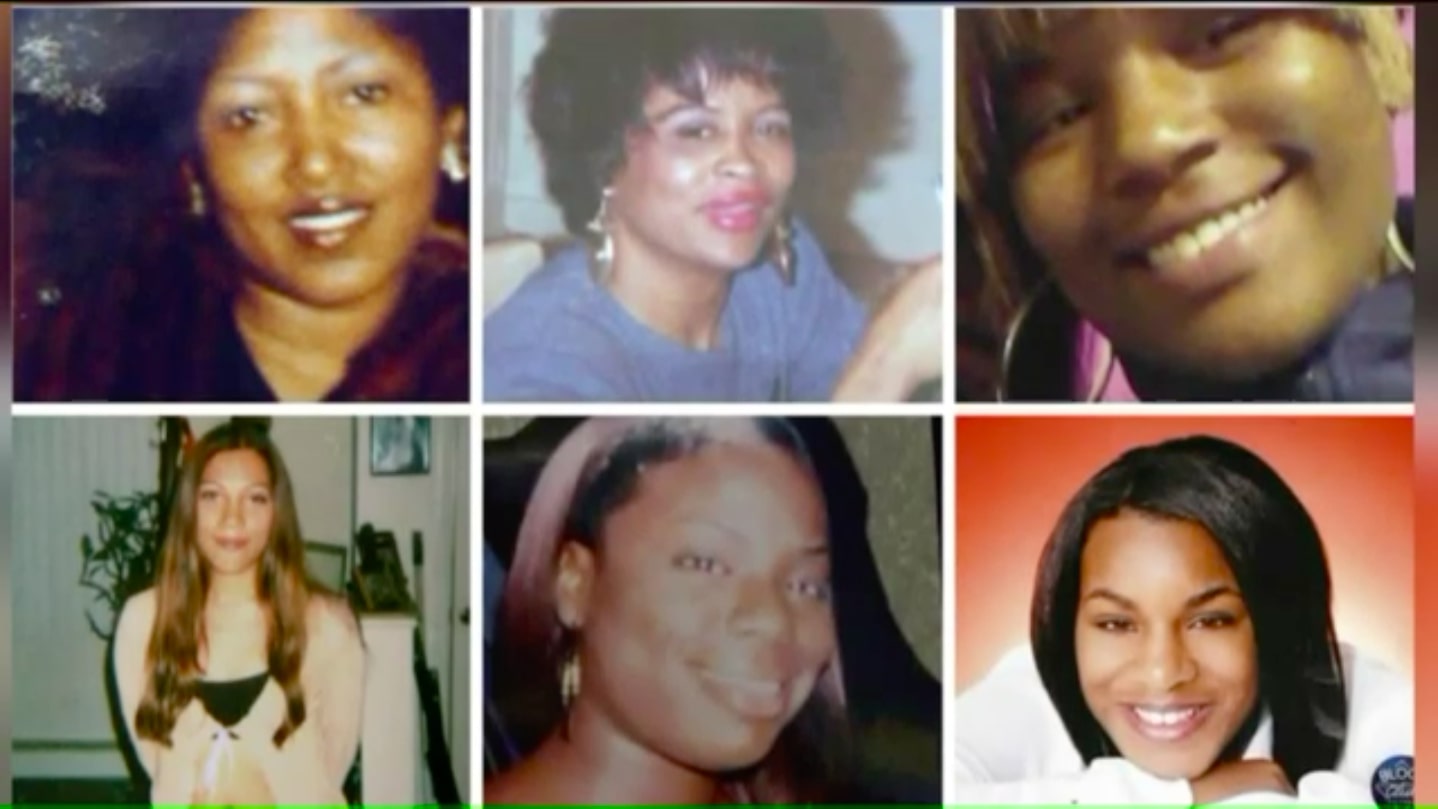Two Chicago women decided to take matters into their own hands in putting a stop to the disappearances of Black women and girls.
Launched in collaboration with the Westside Health Authority by Rosie Dawson and Roberta Logwood, Stop Taking Our Girls is a campaign aimed at bringing attention to the rise of missing Black girls and working to prevent disappearances.
Logwood was inspired to fight the epidemic after her personal experience. She was almost abducted twice, once when she was 8 years old and again when she was a teenager. When Logwood was 17, a man stole her cell phone, according to WGN9. As she was running to catch him, a van pulled up next to her and attempted to convince her to get in the trunk so he could help her stop the thief. Instead of falling for the coercion, she ran off.
“I did file a police report,” Logwood said. “The dispatch told me this had happened before and they succeeded in kidnapping the girl.”
The campaign is working with local officials and the Chicago Police Department to prioritize finding missing women as well as putting a stop to kidnapping, domestic violence and human trafficking.
“We hear a lot of different things in the streets,” Dawson told WGN9. “So we want to bring awareness to the elected officials, we want the police officers to know we appreciate them, but we need them to appreciate us in this community also.”
Dawson also said they strive to empower women in the community to protect themselves and each other by offering self-defense classes and safety information.
“As far back as slavery, Black women have never got the proper respect or due when it comes to what people care about,” Dawson told Block Club Chicago. “Black women are always being marginalized in every form. … We just feel like some of the elected officials and the police are not putting as much effort into [stopping] this.”
While the Washington, D.C.-based Murder Accountability Project reports that more than 50 Black women have been killed since 2001, Dawson believes the number is much higher, though.
“I feel as though, when it comes to Black women, we just don’t count enough for people to care,” she said.
The Murder Accountability Project found that the murders were due to strangulation and had “characteristics suggestive of serial murder.” Most of their bodies have been found along the south and west sides, mainly in abandoned buildings, garbage cans and vacant lots.
Anthony Guglielmi, a spokesperson for the Chicago Police Department, said a special task force has been created to find the murder suspects. However, the task force has yet to uncover any evidence that links the deaths, according to Block Club Chicago.
“Just to be clear, there is no evidence that we can point to that there is an orchestrated movement to kidnap women in Chicago. We just don’t have the evidence to prove that,” Guglielmi said.
He added that many of the victims were involved in sex work, “probably by force,” which makes them more vulnerable and harder to track. Guglielmi disputed the idea that the department hasn't prioritized these cases, saying any murder, violent crime or missing person case is a top priority.
Logwood pointed to the backlog of DNA testing as one of the reasons for these unsolved cases.
“If they find a body… they have to wait for months before they can get a sample of the DNA to even determine who this person is,” Logwood said. “So we may actually have people that’s missing that are actually found already, but the families don’t know it yet because the DNA is delayed.”
Guglielmi said the city government does not have the resources to process DNA on its own, so they must turn to the state.
“If we had the resources to develop a lab for Chicago, we would,” he said. “That’s hundreds of millions of dollars.”
For the past three months Stop Taking Our Girls has been meeting on the first Tuesday of each month to discuss ideas to bring more attention to this issue.
Stop Taking Our Girls Campaign is here to informed you about the KIDNAPPING of young ladies in our communities around Chicago. Come out TONIGHT (5 PM – 6 PM) get informed and get involved ! pic.twitter.com/QKDbBQ1qX3
— Good Neighbor Campaign – Austin Neighborhood (@GNC5417) March 3, 2020
“We’re hoping to put the red light on the city and the police force so they can know we’re watching,” Dawson said. “We’re here to speak up for our community.”
